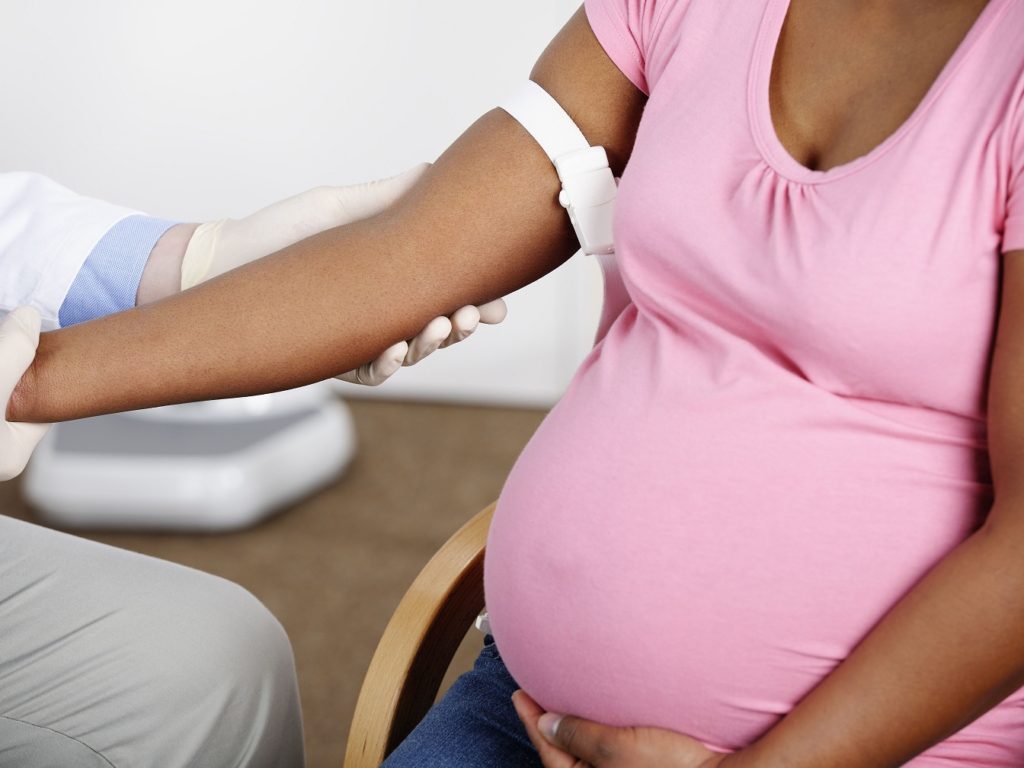Introduction to Antenatal Care Profile
The Antenatal Care Profile refers to several laboratory tests performed during pregnancy. They form part of a comprehensive package of care for pregnant women aimed at ensuring a healthy pregnancy and newborn.

Why are Antenatal Care Profile tests done?
Newborn Screening in Kenya: Opportunities in the Context ofSexually Transmitted Infections:Newborn Screening in Kenya: Opportunities in the Context of Universal HealthcareNewborn Screening in Kenya: Opportunities in the Context of Universal Healthcare Universal Healthcare
- Monitor the health of the mother and the unborn baby throughout the pregnancy
- Diagnose and manage transmissible diseases.
- Identify any complications and intervene early
- Promote the health of the mother and the fetus.
- Prevent both maternal and child morbidity and mortality.
- Screen for inheritable diseases and advise the mother /family accordingly.
- Determine the mother’s blood group to detect Rh-negative status.
When are Antenatal Care Profile Tests done?
In Kenya, ANC tests should ideally be done earliest during pregnancy, within the first and second visits. Otherwise, the next best time is the first contact with a healthcare provider at any time during the pregnancy.
Components of ANC profiles.
In Kenya, the basic ANC profile constitutes the following:-
Typical ANC Profile Panel
✅Syphilis
✅HIV 1/2 Test
✅Fasting Blood Sugar Test
✅Urine Analysis and Microscopy
✅TB Screening

It is important to note this panel is for the bare minimum in public hospital settings. Additional tests may be necessary on a case-by-case basis. Other countries include more sophisticated tests as part of a routine panel.
Other tests that may be routinely included in the expanded antenatal profile panel include the following
✅Hepatitis B S antigen Test
✅Thyroid Hormone levels
Where are ANC Profile tests done in Kenya?
The ANC profile tests are widely available within the public, and private hospitals and stand-alone laboratories in Kenya. A directory of laboratories in Kenya can be found here.
Client/ Patient preparation
The pregnant woman should be counselled on the importance of the tests and informed consent obtained. This is usually done by a doctor or clinical officer nurse in the antenatal clinic.
How are ANC Profile Tests Performed?
The collection of samples depends on the specific test( see above). More details about each test can be found. Most ANC profile tests can be performed during 2 or 3 clinic visits.
How The Tests Are Interpreted?
Each test is interpreted according to set reference values. If a test is found to be abnormal, the pregnant woman is referred to the clinician for further evaluation and care.
Challenges of ANC Profile Tests in Kenya
💵Cost – Some of the tests are not available in public hospitals and have to be paid for out of pocket in private laboratories
⛔Non-attendance of ANC clinic. Almost 40% of pregnant women in Kenya do not attend ANC clinics
📉Limited panel of tests. The number of tests in the national program is quite limited. There is a need to expand to cater to prevalent diseases eg hepatitis B and hereditary disorders eg sickle cell disease.
📍Inaccessibility. Some folks live in inaccessible areas, especially in the Northern and coastal areas of the country. There’s a need for outreach and mobile laboratory services to reach people living in these areas
Cost of antenatal Profile Tests
In most public health facilities, ANC profiles are offered for free under government programs like Linda Mama or donor-funded programs. In the private sector, these are usually charged at the prevailing market rates, making them unaffordable to the vast majority of Kenyan mothers.
To remedy this, our antenatal care package is the most affordable in the country. Click here to find out more.
We do surveillance of laboratory prices to increase transparency and enable laboratory services users to make informed decisions
Conclusion
Antenatal Profile Tests form an essential component of maternal health. All expectant mothers are encouraged to attend ANC and have these tests done. When resources allow, an expanded test panel is recommended
For any queries regarding ANC profile Tests (or any laboratory test) get in touch with us for unbiased consultation with our resident consultant
See you in the next post, till then, happy and healthy living!
Relevant Tests in this Post
-
Urine Analysis Test -(Urinalysis) Biochemistry & MicroscopyKSh850
-
Thyroid Function Tests (TFTs)KSh3,500
-
Fasting Blood Sugar (FBS)KSh120
-
RPR Test for Syphilis, SerumKSh675
-
HIV Rapid Test (Blood)KSh825
-
Hepatitis B Surface Antigen Test (hbsag screen)KSh2,875
-
Complete Blood Count (CBC)KSh945
-
Pregnancy Urine Strip TestKSh120
